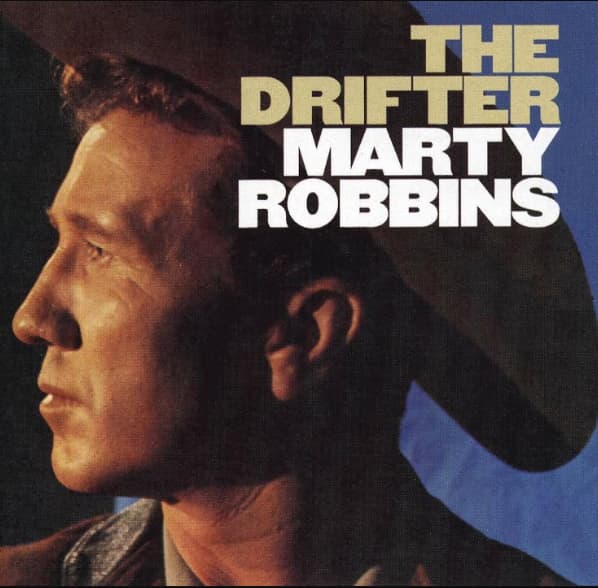
A tale of a man’s fight for survival against a raging storm and the forces of nature he can’t control.
There are certain songs that, the moment the first notes drift from the speakers, transport you back in time. They don’t just evoke a memory; they rebuild an entire world you once knew, a world of simpler truths and deeper emotions. For many, a song like “Cry Stampede” by the legendary Marty Robbins is one of those timeless touchstones. Released in 1966 on the album The Drifter, this wasn’t a commercial smash that topped the charts like some of his more famous hits. It’s an album track, a hidden gem that reveals itself to those who take the time to listen, and in that lies its enduring power. While it didn’t achieve the chart success of giants like “El Paso” or “Don’t Worry”, its resonance is perhaps even greater for its raw, unfiltered storytelling. It’s the kind of song you’d hear on a quiet Saturday afternoon, the needle gently finding its groove on a well-loved vinyl record, drawing you into its world with every passing moment.
The story behind the song is a classic western narrative, one that would feel right at home in a dusty old paperback from the dime store. It paints a vivid picture of a lone cowboy, caught in the open plains at the mercy of a violent, unforgiving thunderstorm. The lyrics, penned by B.D. Johnson, are a masterclass in atmospheric detail. You can feel the wind, see the “heavenly fire” of lightning, and hear the low rumble of thunder that spook’s the herd. This isn’t a song about a romantic duel or a daring escape from the law; it’s a song about the quiet, terrifying struggle of man against nature. The cowboy, sitting in his saddle, understands the precariousness of his situation. He knows that at any moment, the restless cattle, “a sea’s angry swell” under the flashing light, could break and run. The word “stampede” becomes a haunting echo, repeated with a chilling gravity that conveys the sheer terror and inevitability of the impending disaster.
The true meaning of “Cry Stampede” is a poignant reflection on faith, fragility, and the search for salvation in the face of certain doom. The cowboy’s desperate plea isn’t to another man, but to a higher power—the “Trail Boss up in the sky.” He finds a moment of fleeting grace and a “miracle” of God’s hand when he survives the initial surge, a testament to the fact that even in the most chaotic and hopeless situations, there can be a sliver of hope. This spiritual undercurrent is what elevates the song from a simple cowboy tale to something more profound. It speaks to the universal human experience of facing overwhelming odds and finding strength, not just in one’s own grit, but in a quiet, humbling surrender to something greater than oneself.
The emotional weight of the song is carried not just by the lyrics, but by Marty Robbins’s signature vocal performance. His voice, clear and steady, tells the story with a sincerity that makes you believe you’re right there with him, shivering in the mud, half-dazed and grateful for a moment’s reprieve. This wasn’t a man who just sang songs; he inhabited them. He brought a genuine authenticity to the western genre that few could match, making the cowboys, gunfighters, and drifters of his ballads feel like old friends you’d meet by a campfire. Listening to “Cry Stampede” today, it’s a reminder of a time when music was less about spectacle and more about honest-to-goodness storytelling, a time when a man, a guitar, and a good story were all you needed to create something unforgettable. It’s a piece of our collective past, a whispered tale from a bygone era that continues to resonate with its timeless message of resilience and faith.